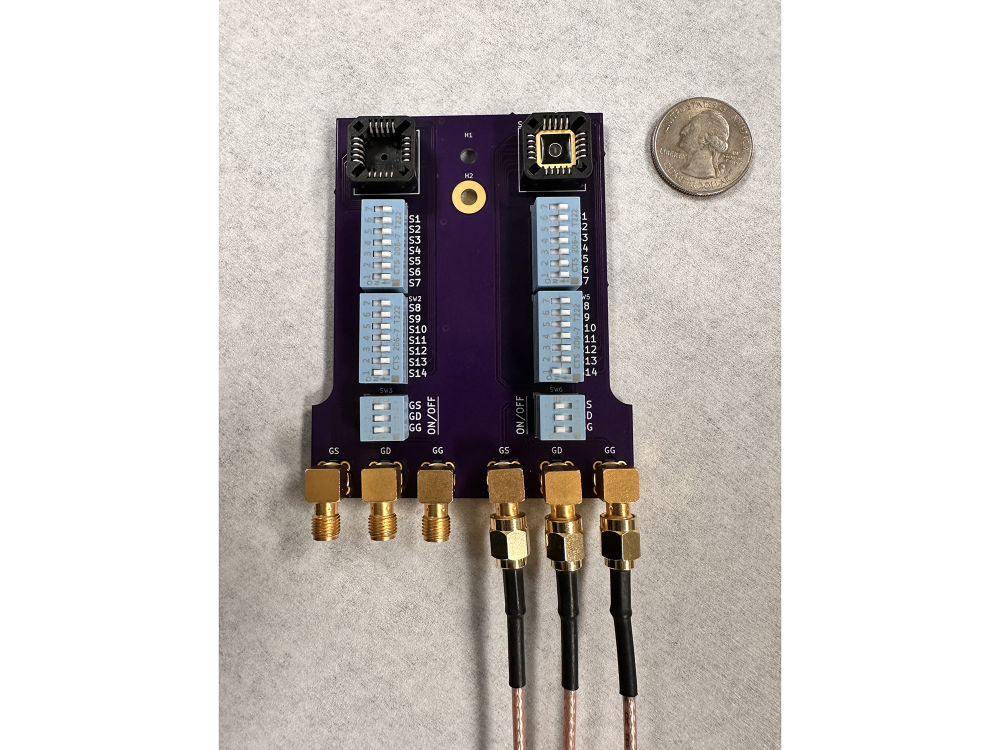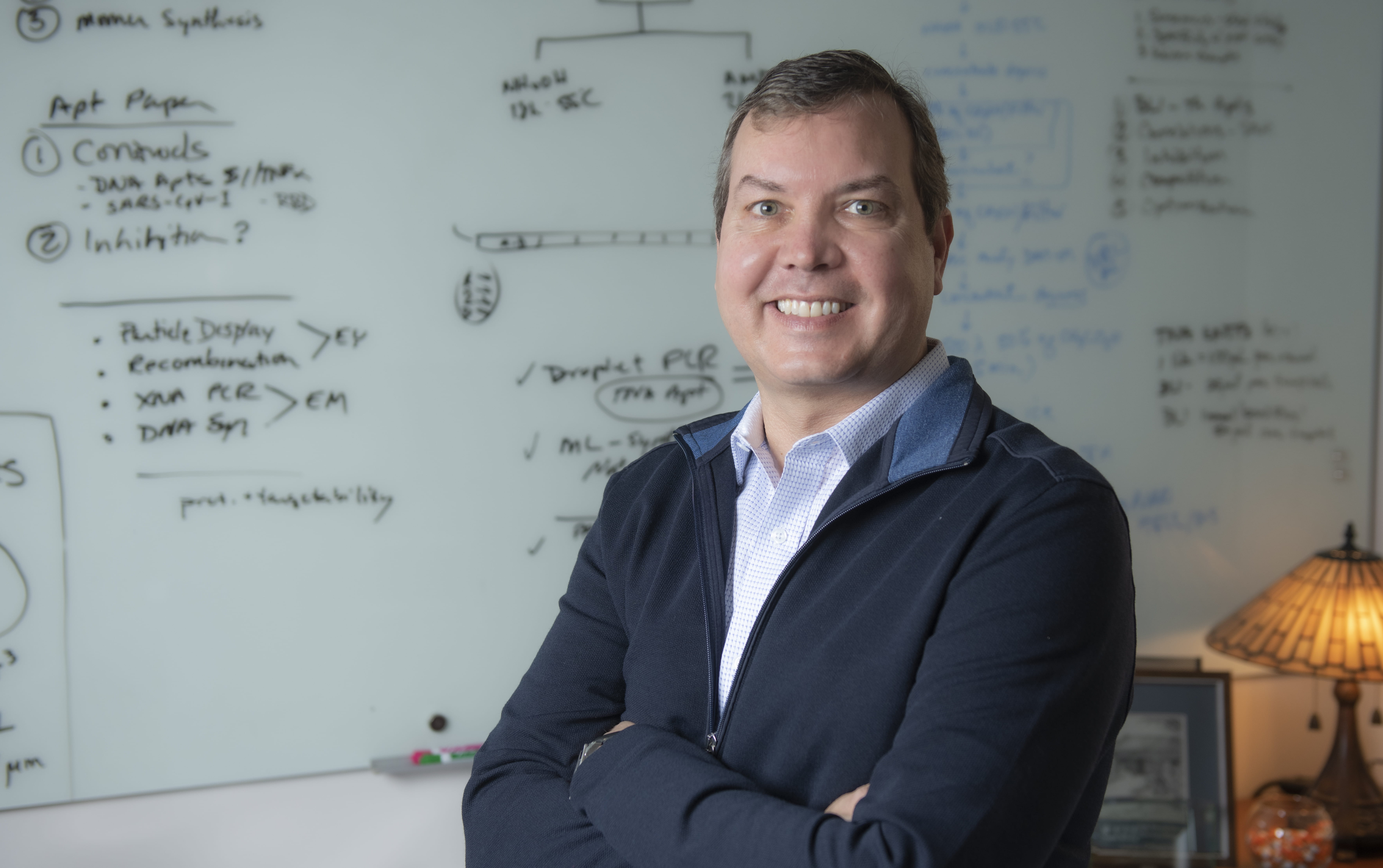
A study led by Umeå University, Sweden, presents new insights into how stem cells develop and transition into specialized cells. The discovery can provide increased understanding of how cells divide and grow uncontrollably so that cancer develops.
“The discovery opens a new track for future research into developing new and more effective treatments for certain cancers,” says Francesca Aguilo, associate professor at the Department of Molecular Biology at Umeå University and leader of the study in collaboration with various institutions including the University of Pavia, University of Texas Health Science Center at Houston, Universidad de Extremadura, and others.
All cells in the body arise from a single fertilized egg...
Read More









Recent Comments